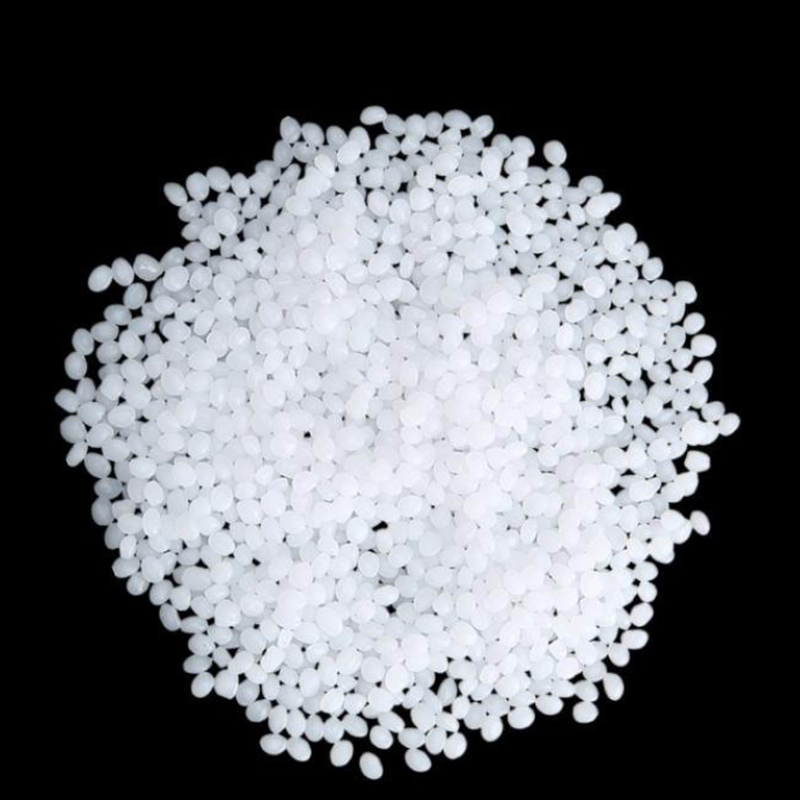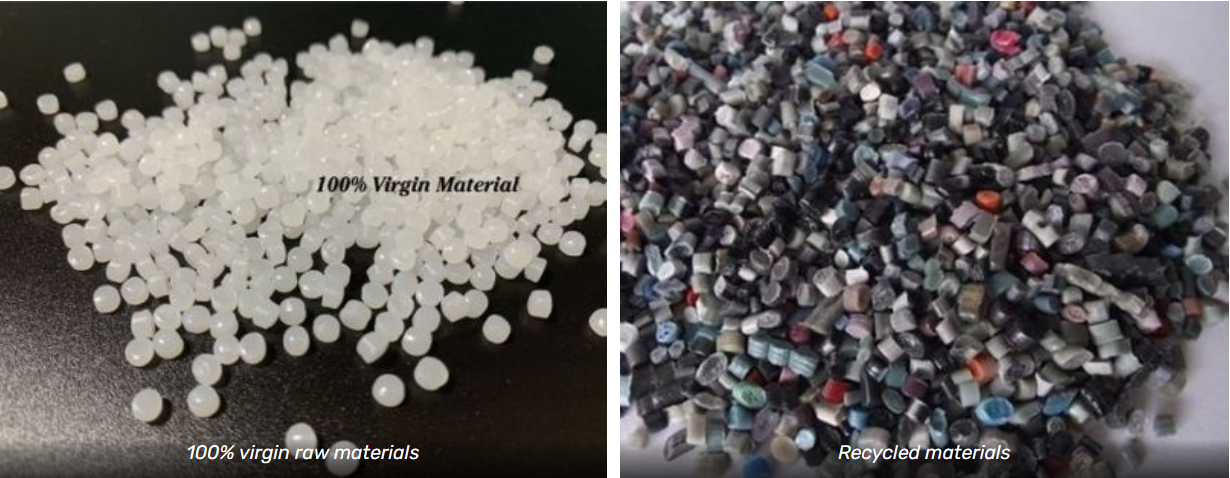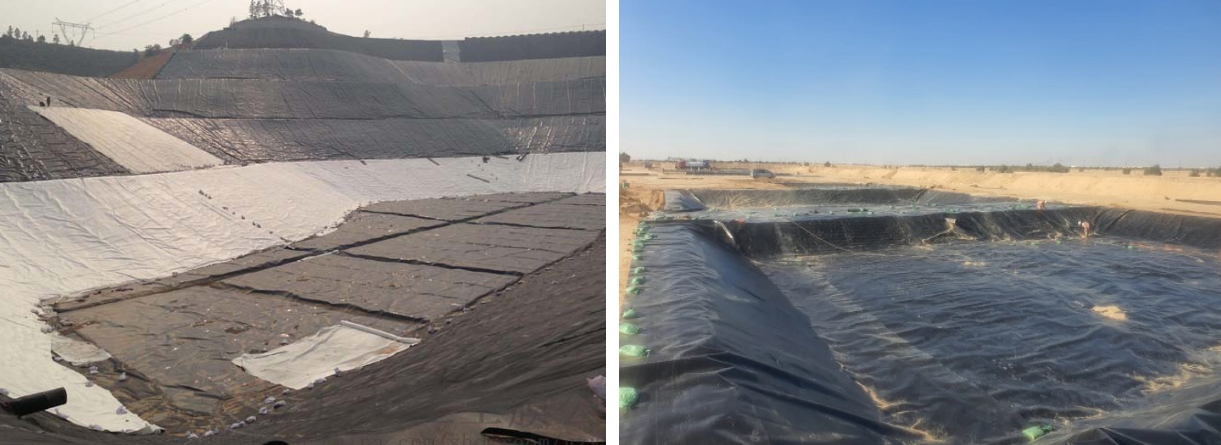
| The ASTM testing test of the International Geomaterials Association GRI-GM13 standard shows that the service life of geomembranes is as high as 50-100 years. Geomembranes are used in civil engineering and environmental engineering.Yet, due to some uncontrollable construction operations, raw materials, environment, and other complex factors, there is no problem in using the geomembrane for 50 years without exposure.If exposed for a long time, the service life will be shortened. Common geomembrane types include high-density polyethylene (HDPE geomembrane), linear low-density polyethylene (LLDPE geomembrane), polyvinyl chloride (PVC geomembrane), and ethylene propylene diene monomer (EPDM geomembrane). Antioxidants, anti-UV additives, etc., are added to the geomembrane during production. The geomembrane has an anti-aging function. The anti-aging life is related to the geomembrane’s thickness and the geomembrane’s use method. Generally speaking, a geomembrane that uses 100% virgin raw materials and is installed can have a service life of 30 to 50 years or even longer. Yet, this is only an estimate, and the actual lifespan is affected by the following factors: |
 |
Geomembrane raw materials: Different materials have different chemical resistance and physical properties, affecting their durability. Under the same conditions, HDPE (high-density polyethylene) geomembrane usually has a longer service life. This is because HDPE has some characteristics that exhibit higher durability and stability in many applications. ①. Molecular density: HDPE has a higher molecular density and a tighter molecular chain structure. This makes HDPE geomembrane perform better in terms of anti-permeability and chemical stability. ②. Anti-aging properties: HDPE generally has better anti-aging properties and is more resistant to UV rays. This allows HDPE to maintain its physical properties longer in outdoor exposure environments. ③. Chemical resistance: HDPE is more chemical-resistant, making it more suitable for environments requiring high chemical stability. It is resistant to many chemicals. |
 |
Installation quality: Proper installation, including welding seams and securing the geomembrane to the substrate, is critical to ensuring its long life. Proper installation maximizes the life of the geomembrane and prevents mechanical damage and penetration problems; incorrect installation can cause mechanical damage, seam problems, wrinkles, and edge lifting, shorten the life, and increase the risk of penetration and UV damage. Chemical exposure: Geomembranes may be exposed to various chemicals in soil or water. The geomembrane’s resistance to these chemicals will affect its service life. Chemical exposure may cause chemical erosion, dissolution, deterioration, and aging of the geomembrane, reducing its waterproofing performance and lifespan. Selecting resistant geomembrane materials and taking precautions are critical to ensuring their long life. |















